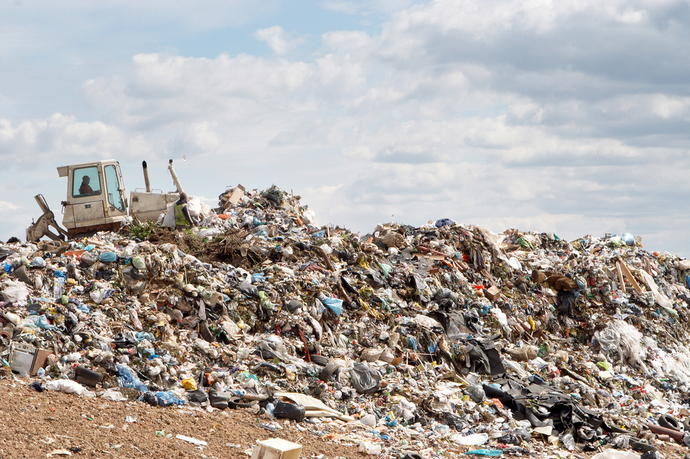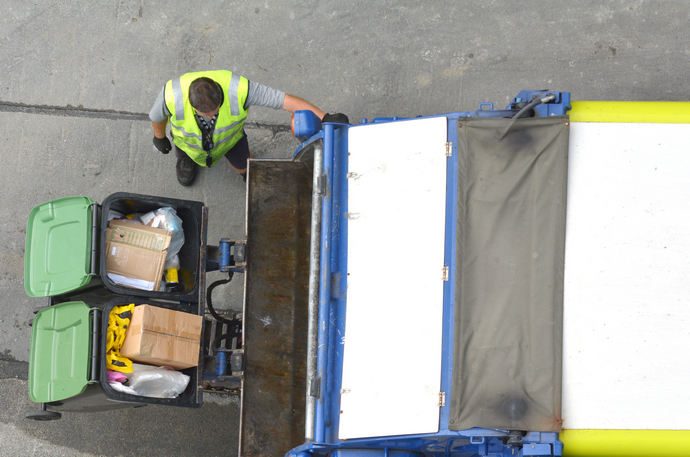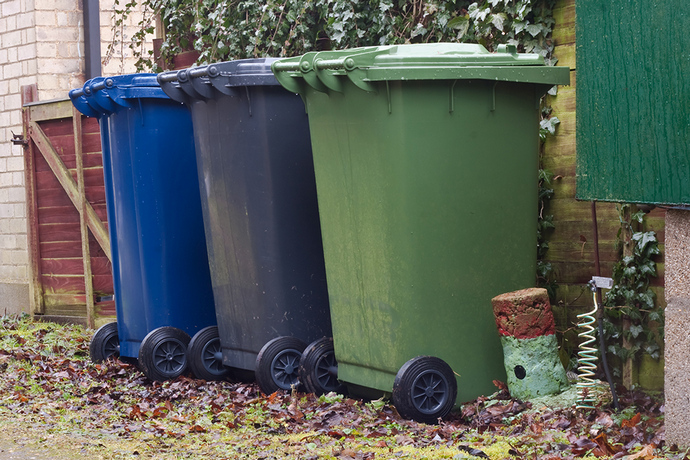Waste Disposal and Recycling for the 21st Century


The rubbish will always be a problem for any society. The truth is that people constantly make waste material whenever they use products, conduct business or carry out the normal liver function. Communities are always trying to find the best ways to eliminate refuse. Recycling plays a major role in detritus removal. This presentation on rubbish removal, waste disposal and recycling for the 21st century will help you to better understand the recycling process.

Modern Recycling Practices
Societies around the world utilize standard recycling techniques to manage their waste. Practices such as Waste Electrical and Electronic Equipment (WEEE), paper recycling and metal recycling are commonly used for that purpose. Other types of recycling processes for wood, plastic and disposable products. Recycling is also conducted through drop-off sites, curbside collection, and buy-back centers.
Waste materials are also being recycled through physical, chemical and solid waste reprocessing. There exist very few waste removal companies that collect, process and sell recycled items. Reduce, reuse and recycle is a common slogan for the recycling industry.

New Recyclable Materials
There are recently created recyclable materials that are now being commonly made. Potato starch is used for technical applications and foods and it is a by-product of potato waste. Blood bricks from animals, organic mushroom walls used for heating and packing applications and brick bottles for buildings are a few examples of new recyclable materials being produced today.
Aluminium and steel, cardboard, glass, newspapers, and plastic bottles are still the most popular type of recycled products. Items such as plastic bags are often cut up into pellets which will be used to create new plastic bag materials. The recycling industry is creating new ways to use human rubbish and junk.
The Problem of Hazardous Waste
Items such as car batteries, aerosols, automotive waste, pesticides, paints, and solvents are considered hazardous waste materials. These products can run off the ground and mix into the local water supply. Hazardous materials can also contaminate the soil, plant life or pollute the air. Many communities have drop-off and collection points for hazardous materials as well as waste disposal and collection sites provided by local councils.
People must Change the Way they Dispose of Trash Across the Earth
Industries, nations, cities, communities, neighborhoods, and individuals are very aware of the modern waste problem. Still, it’s challenging to find useful ways to cost-effectively recycle rubbish. There are some beneficial recycling programs in place. However, there still is a problem with everyone doing their part to recycle debris. Thankfully, recycling is constantly evolving to meet the demands of waste reprocessing and disposal.